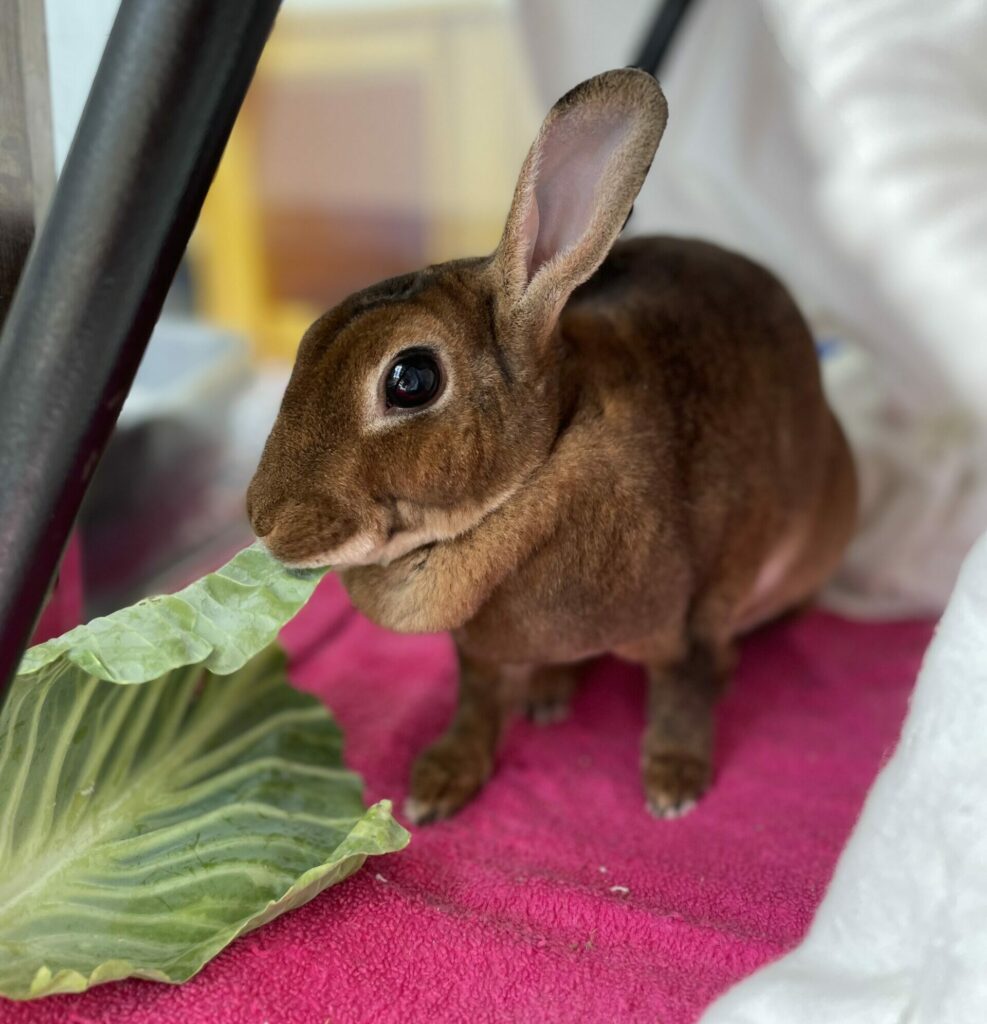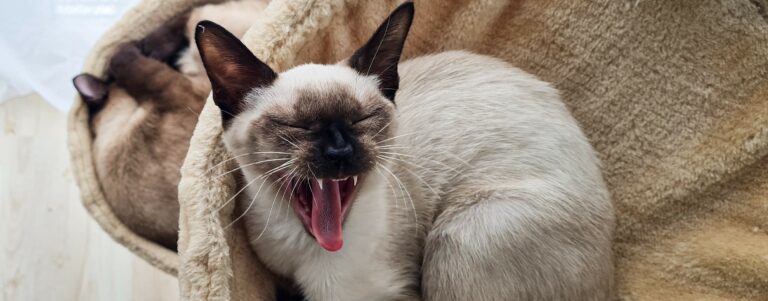
Pet Dental Health Month is here!
Did you know that like humans, your pets teeth also need to be looked after?
In this blog we are going to go over how to look after your dogs, cats and rabbits teeth. We will also be going over what can happen to them if their dental health is neglected or not kept on top of!
Dogs:
Dental disease is very common and requires daily maintenance. To help maintain good dental health, here are a few tips:
- Feed your dog dry food as it can have minor cleaning effects on teeth.
- Give your dogs dental chews.
- Brushing your dogs teeth with special toothbrush (or child’s toothbrush) and toothpaste for dogs. Please ask your vet before brushing teeth as breeds such as pugs have misaligned teeth.
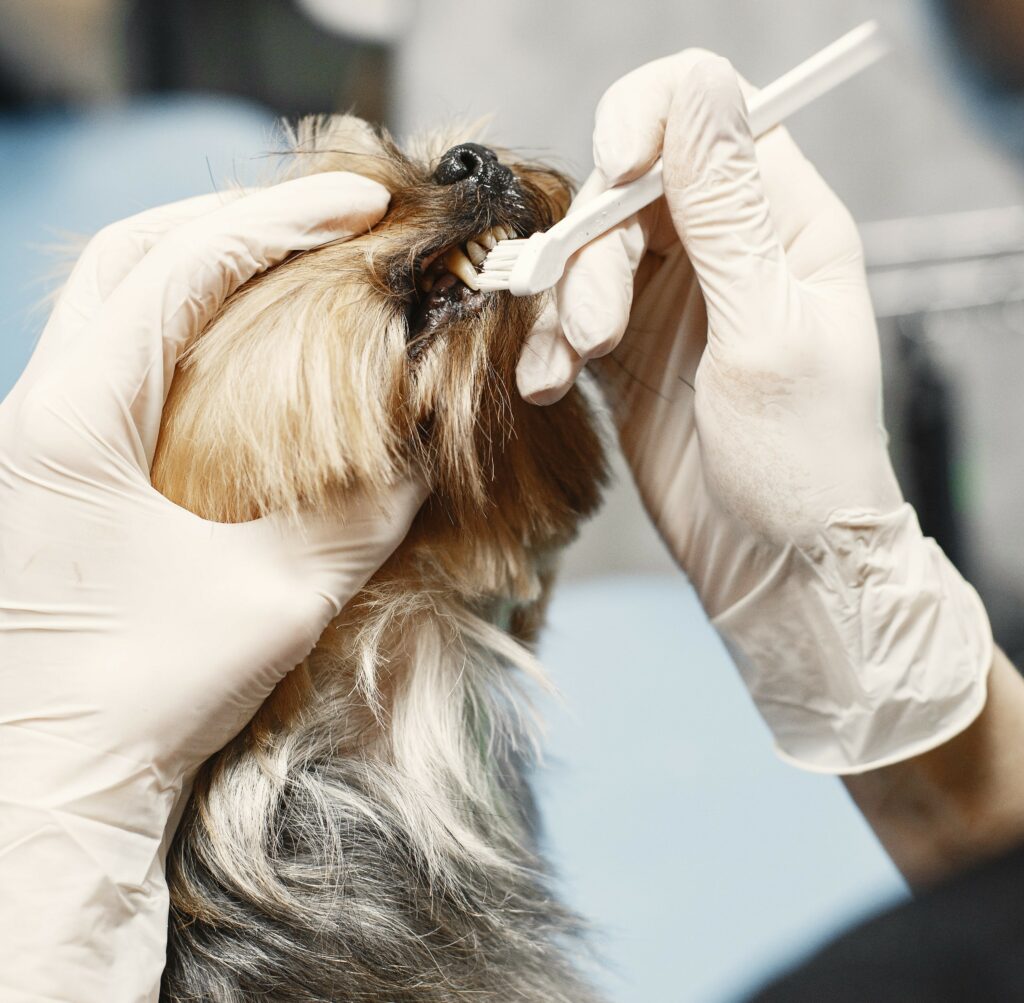
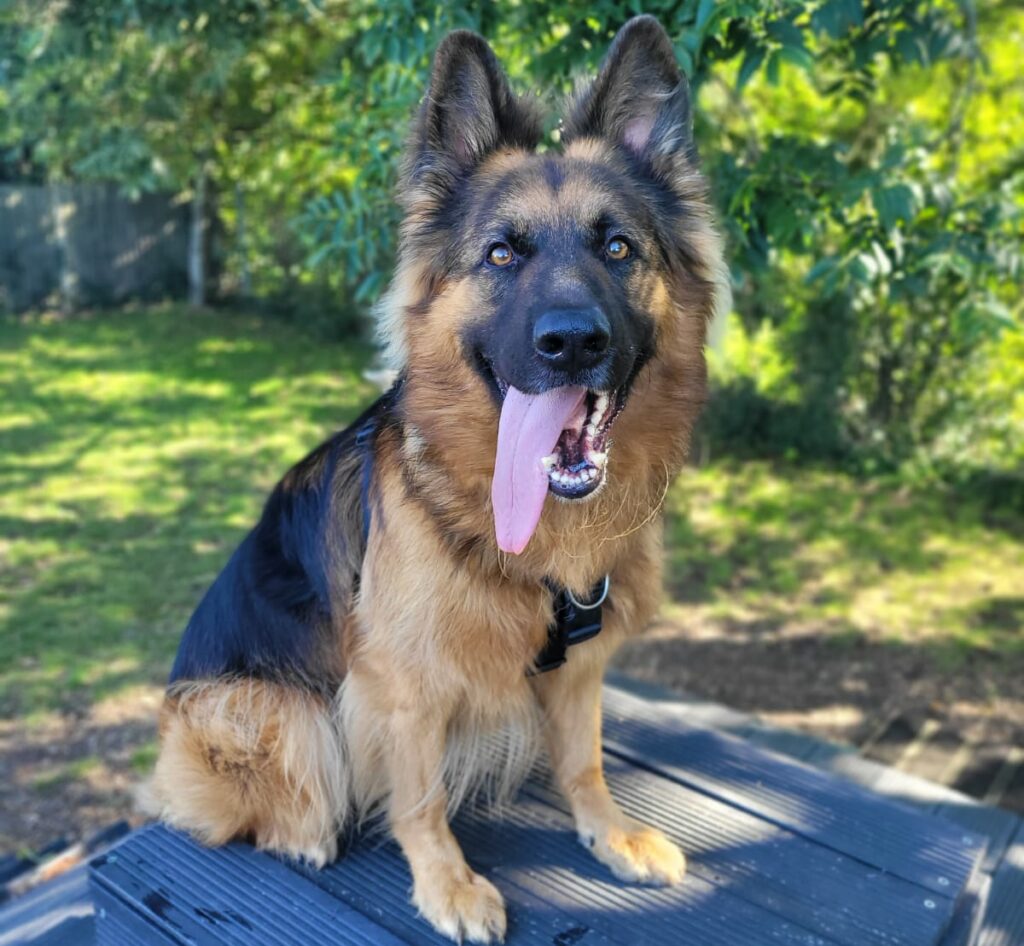
Signs of dental disease in dogs:
- Deposits may build up on the teeth.
- Red and/or bleeding gums.
- Smell – if the mouth is infected it will give off a foul smell.
- The sensitive root of the tooth may be exposed and painful.
- Discoloured teeth that die and fall out.
- Your dog may also refuse food, have difficulty eating or leave flecks of blood in their bowls.
Cats:
If your cat would allow it, brushing their teeth is the best way to maintain good dental health. We would advise you to start doing this when they are kittens and you might find that older cats take a little longer to adapt or not at all. Feeding them a mix of wet and dry food will help and also regular check ups at your vet.
Signs of dental disease in cats:
- Bad breath
- Mouth pain
- Reduced appetite
- Weight loss
- Difficulty eating (chewing on one side/preferring soft food)
- Drooling
- Visible tartar
- Red, sore, bleeding gums
- Wobbly teeth
- Swelling around the face, jaw, or cheeks
- Grooming less (due to having a painful mouth).
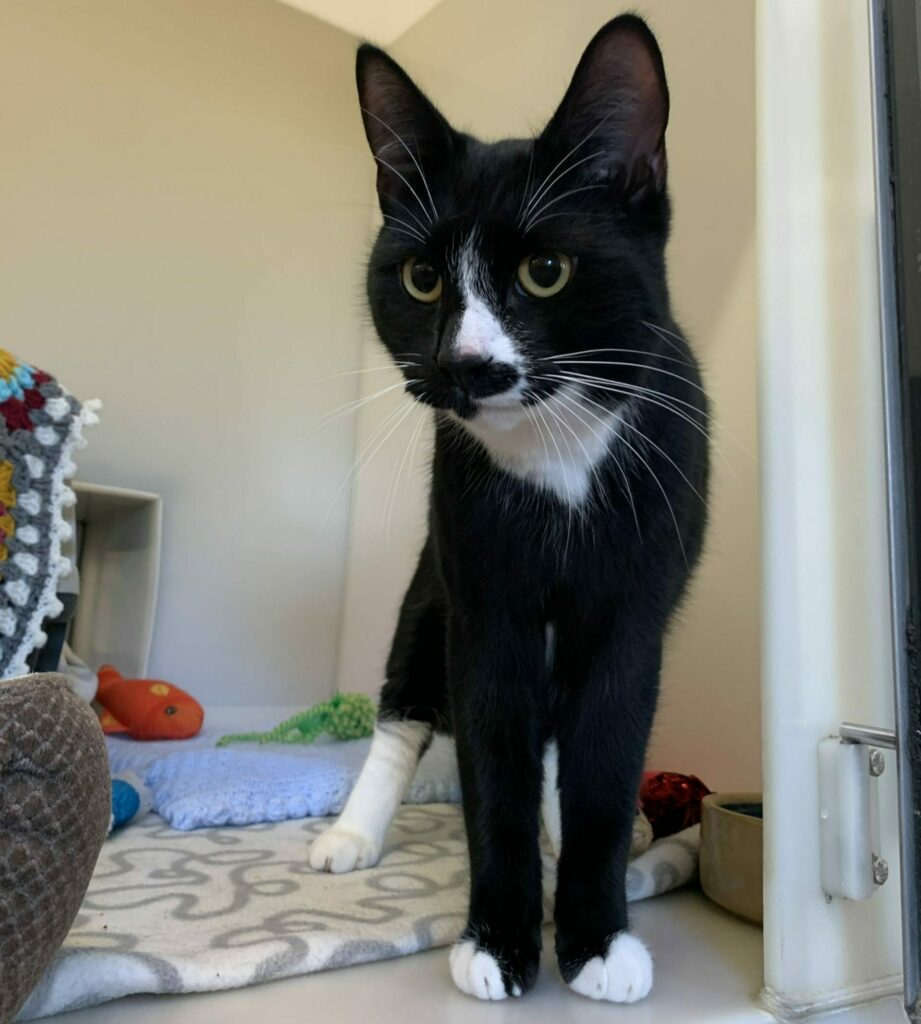
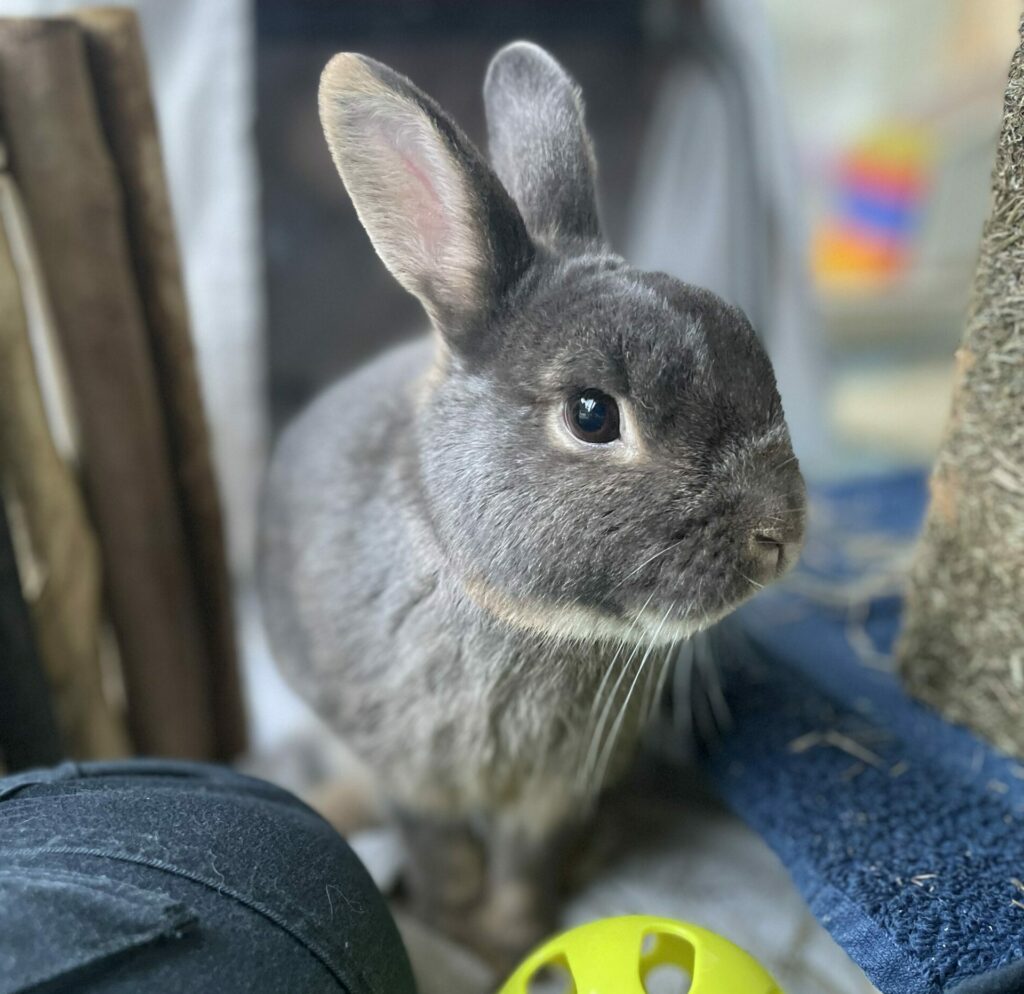
Rabbits:
- Unlike dogs and cats you shouldn’t brush your rabbits teeth. As long as you give your rabbit exactly what they need they will keep their teeth in check themselves.
- A good quality hay with variation is a good way for a rabbit to keep their teeth nice and healthy.
- A healthy diet of 80% hay will help.
- Have at least one to two cups of fresh greens daily and only a small amount of pellets.
- Fun chews such as wooden toys, cardboard, pinecones, applewood sticks.
Signs that your rabbit is having dental problems:
- Drooling
- Swelling jawline
- Change in eating habits + if they stop eating you must take them to a vet straight away
- Trying to eat a piece of food but continuously dropping it out of their mouth
- Looking interested in food, but not eating it
- Weight loss
- Loud teeth grinding, a loud grating sound instead of the normal soft purring
- Bad mouth odour
- A change in behaviour.
